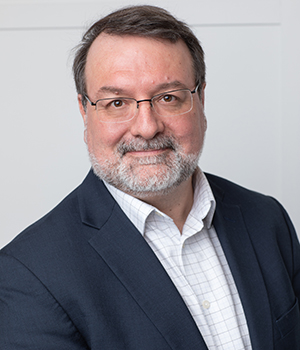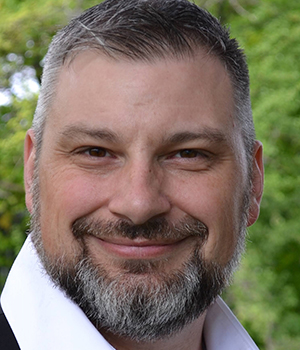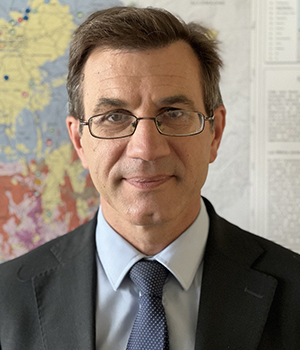Both in North America and in Europe, the effects of complex challenges in terms of supply and development of the mining sector are being felt. Indeed, in the context of a global race for the supply of critical and strategic minerals (CSMs) as well as for energy security, mining companies are experiencing difficulties in developing their mining projects to the extent that they are faced with challenges, such as a lack of social acceptability, on one hand, and, on the other, the volatility of the prices of minerals and metals in an international market controlled by a limited number of players. As a result, it becomes difficult to meet the growing demand for CSMs and contribute to the acceleration of the energy transition on a global scale. Hence the importance of North America and Europe collaborating more, sharing their best practices, and joining forces in order to better overcome the challenges facing them in this area.
Bringing together Quebec, American and European representatives, this round table will explore possible solutions to consider in order to enable the establishment of a transatlantic supply chain that is transparent, secure and sustainable. What strategies should be adopted and how can government authorities support and help the industry overcome the challenges it faces? We will discuss the role that Quebec, recognized as a reliable and ethical partner, can give itself in order to help its partners on both sides of the Atlantic overcome the challenges in terms of supplying CSMs necessary for the transition to a green economy.
This session will be offered in French and in English.





